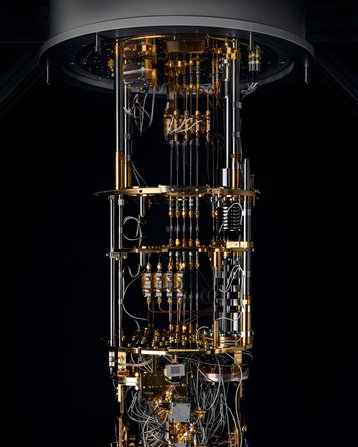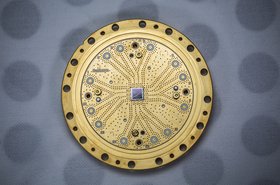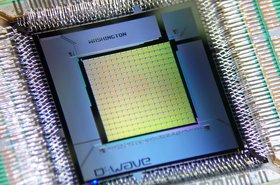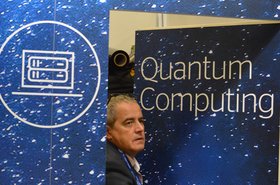Finland's IQM Quantum Computers has raised $46 million to help commercialize its superconducting system.
Existing investors like Tesi, OpenOcean, Maki.vc, Vito Ventures, and Matadero QED were joined by new investors Vsquared, Salvia GmbH, Santo Venture Capital GmbH, and Chinese tech giant Tencent.
Spun out of Aalto University and VTT Technical Research Centre of Finland, IQM has raised $84m to date.
Building the next big thing
”Today’s announcement is part of our ongoing Series-A funding round," said Jan Goetz, CEO of IQM.
"I am extremely pleased with the confidence our investors have shown in our vision, team, product, and the ability to execute and commercialize quantum computers. This investment also shows their continued belief in building the future of quantum technologies."
The company delivers on-premises quantum computers for research laboratories and supercomputing centers. It also develops application-specific processors for industrial partners, co-designed with the company. With the quantum computing field still nascent, IQM develops the full stack of hardware and software for its platform.
“IQM’s technical innovation, world-class scientific team, and drive in building quantum computers have made them a European leader in the quantum computers field," said Dr. Ling Ge, chief European representative at Tencent. "We look forward to supporting them in commercializing quantum computing and achieving more milestones in future."
The company is one of a number building quantum computers - each with substantially different architectures - in the hope that they could theoretically prove substantially more powerful than current computing architectures, at least for specific workloads.
Each competitor uses different benchmarks to qualify why they are in the lead, with Google, IBM, D-Wave, and Microsoft among those all claiming some sort of a lead. Last month also saw rival IonQ open its first data center, featuring 10 of its quantum computers.
"The new system we’re deploying today is able to do things no other quantum computer has been able to achieve, and even more importantly, we know how to continue making these systems much more powerful moving forward," IonQ co-founder and chief scientist Chris Monroe said at the time.




